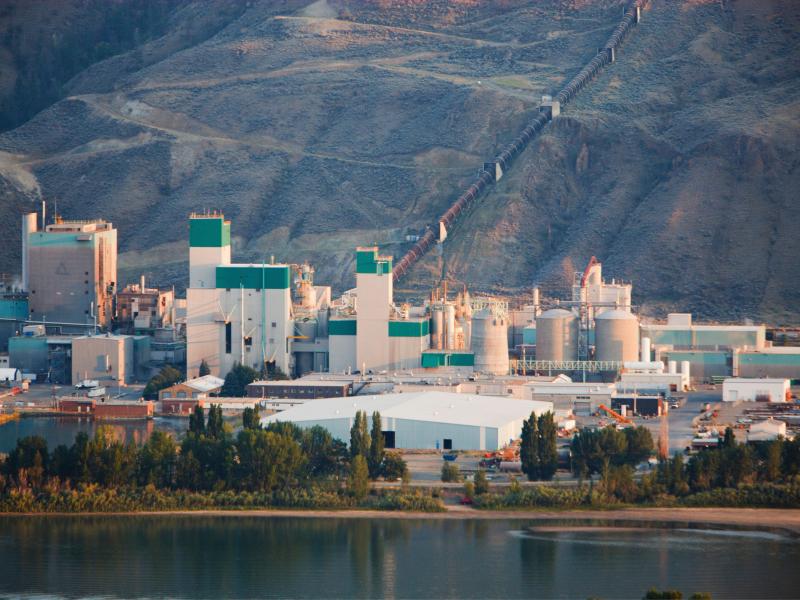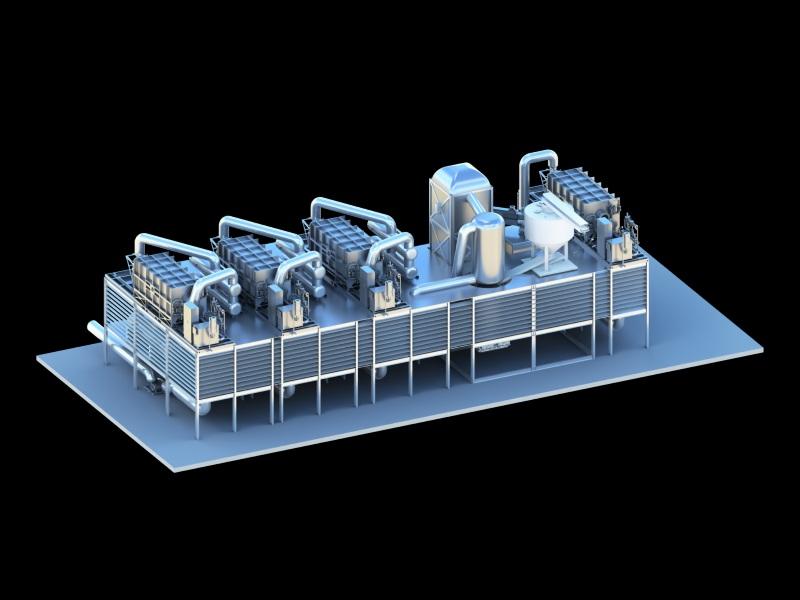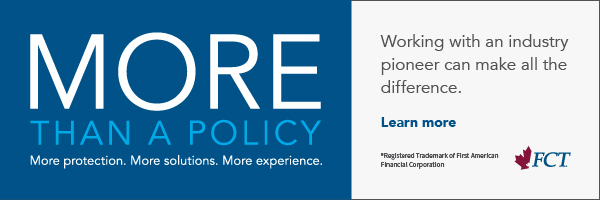Recent Articles
Canada can’t afford to lose hydrogen advantage: EY
Canada can’t afford to lose hydrogen advantage: EY
Canada can not afford to miss out on the potential of hydrogen as an energy source as it did with liquified natural gas (LNG), says one of the authors of a new report on Canada’s hydrogen future.
Massive electricity system upgrades needed for net-zero
A Clean Energy Canada report – Underneath it All – states the country isn’t ready to meet a net-zero emissions 2050 target. Despite being the world’s sixth-largest electricity producer and third-largest exporter, Canada needs roughly twice as much electricity to meet its goals.
Introducing Corporate Knights Earth Index
The Corporate Knights Earth Index is designed to reflect progress toward achieving a carbon-free electricity supply. It is a 100-point index in which 50 points are allocated to electrification and 50 points to the share of carbon-free sources in the electricity supply.
BlackRock on the power of public-private finance
• GreenBiz
While it is the public sector’s role to lead on policy that protects society’s broad interests, the recent COP26 has been called the “business COP.” What stood out in Glasgow was the prevalence of public-private initiatives, and some were seriously substantive.
CIB, Algoma Steel’s financing deal for green steel plan
The Canada Infrastructure Bank (CIB) and Algoma Steel Inc., have agreed that CIB will provide up to $220 million in financing towards the approximately $700 million transformation to electric arc furnace (EAF) steelmaking to replace Algoma’s existing basic oxygen steelmaking operations.
United secures buyers for sustainable aviation fuel
• GreenBiz
United Airlines’ push for sustainable aviation fuel gained altitude this week with the addition of 13 new companies to its nascent Eco-Skies Alliance including Meta, Microsoft and Salesforce, Maersk, American Family Insurance, Visa and Zurich North America bringing the total to 30.
China reveals five-year industrial sectors green plan
China’s industry ministry on Friday unveiled a five-year plan aimed at the green development of its industrial sectors, vowing to lower carbon emissions and pollutants and to promote emerging industries so as to meet a carbon peak commitment by 2030.
Food waste is billions of pounds, and dollars
• GreenBiz
Americans nationwide toss an estimated 305 millions pounds of food on this Thanksgiving holiday alone. Food waste — edible food that’s disposed of after reaching retailers and consumers totals a loss of roughly 133 billion pounds of food or $161 billion in value annually.
Social Print turns sugar cane into sustainable paper
New Westminster B.C. based Social Print Paper is transforming would-be landfill waste into paper. The sugar sheet copy paper has been certified by Canon, Hewlett Packard Enterprise Co. and Ricoh Co., and BCIT and UBC both use it.
Nanaimo residents to shop local, avoid cardboard waste
The City of Nanaimo says it’s continuing to face an “explosion” in the amount of materials to be recycled due to a jump in online deliveries since the pandemic started. Packaging put out at curbside started to ramp up at the beginning of pandemic.
Nova Scotia clear-cutting too much forest: report
The Forest Practices Report indicates that Nova Scotia is not moving quickly enough on recommendations to adopt forestry practices that reduce clear-cutting and preserve biodiversity. The report’s 44 recommendations have not been enacted and clear-cutting forests have continued at unacceptable levels.
Phase out mercury lighting: Clean Lighting Coalition
A report by the Clean Lighting Coalition highlights the environmental and health risks posed when fluorescent lamps break. The report provides concrete steps to accelerate the transition to LED lighting, which is mercury-free, more energy-efficient, more cost-effective, and widely available.
Were B.C.’s dikes ever able to stop floods like these?
All told, B.C.’s 1,100 km of dikes protect 160,000 hectares, equivalent to about a third of P.E.I. Floodplains in the Fraser Valley and Metro Vancouver are now home to hundreds of thousands of people, buildings, and infrastructure collectively worth billions of dollars.
B.C. floods displaced nearly 15,000 people
Nearly 15,000 people were displaced from their homes and hundreds of thousands of farm animals were killed in a series of rainstorms that battered British Columbia’s south and central coast beginning in mid-November.
Author suggests ‘first-responder’ mindset for business
Simon Mainwaring has been advising some of the world’s most impactful companies on how to lead for the triple-bottom-line future. His just-released second book, Lead With We, digs deeper into the theme and provides a blueprint for purpose-driven businesses.
Cascadia, CSCU partner on rent-to-own program
Cascadia Green Development and Community Savings Credit Union (CSCU) are partnering on a pilot program in the City of North Vancouver that aims to help people who are struggling to receive down payments in a first-of-its-kind rent-to-own development in Canada.
Alberta sets new rules for abandoned well cleanup
Alberta’s oil and gas regulator has rolled out new rules aimed at addressing the growing problem of inactive and abandoned wells in the province, but critics say the industry should be forced to do more to clean up after itself.
Hazards and national landmarks on the path to 2030
OPINION: Obscured behind the lot full of shiny EVs lies the Zero Emission Vehicle’s biggest landmark: sustainable land use. Due to auto-oriented urban land use fuelled by road and bridge expansion, B.C.’s vehicle stock is growing at twice the population growth rate.
Canada is short-changed by climate bookkeepers
OPINION: The first major reform needed by Canada’s new minister of the environment, Steven Guilbeault is to cancel the Canadian Net-Zero Emissions Accountability Act, introduced Nov. 19, 2020, which formalizes Canada’s commitment to the UN to achieve net-zero GHG by the year 2050.
The luster on once-vaunted ‘smart cities’ is fading
• Yale 360
In February, Toyota broke ground on Woven City, a built-from-scratch futuristic urban center on 175 acres in near Mount Fuji. Woven City refers to the way the project plans to weave together cars, robots, data, and computers to create a city.
 Industry Events
Industry Events
-
ECO IMPACT 2026
Feb 19 2026
to Feb 20 2026
The Westin Calgary
-
BuildGreen Atlantic
Apr 27 2026
to Apr 28 2026
Halifax, NS
-
The Evergreen Conference
May 06 2026
to May 07 2026
Toronto, ON
-
Building Lasting Change
Jun 17 2026
to Jun 19 2026
Montréal, QC
-
Retrofit Canada Conference
Jun 24 2026
to Jun 25 2026
Halifax Convention Center











